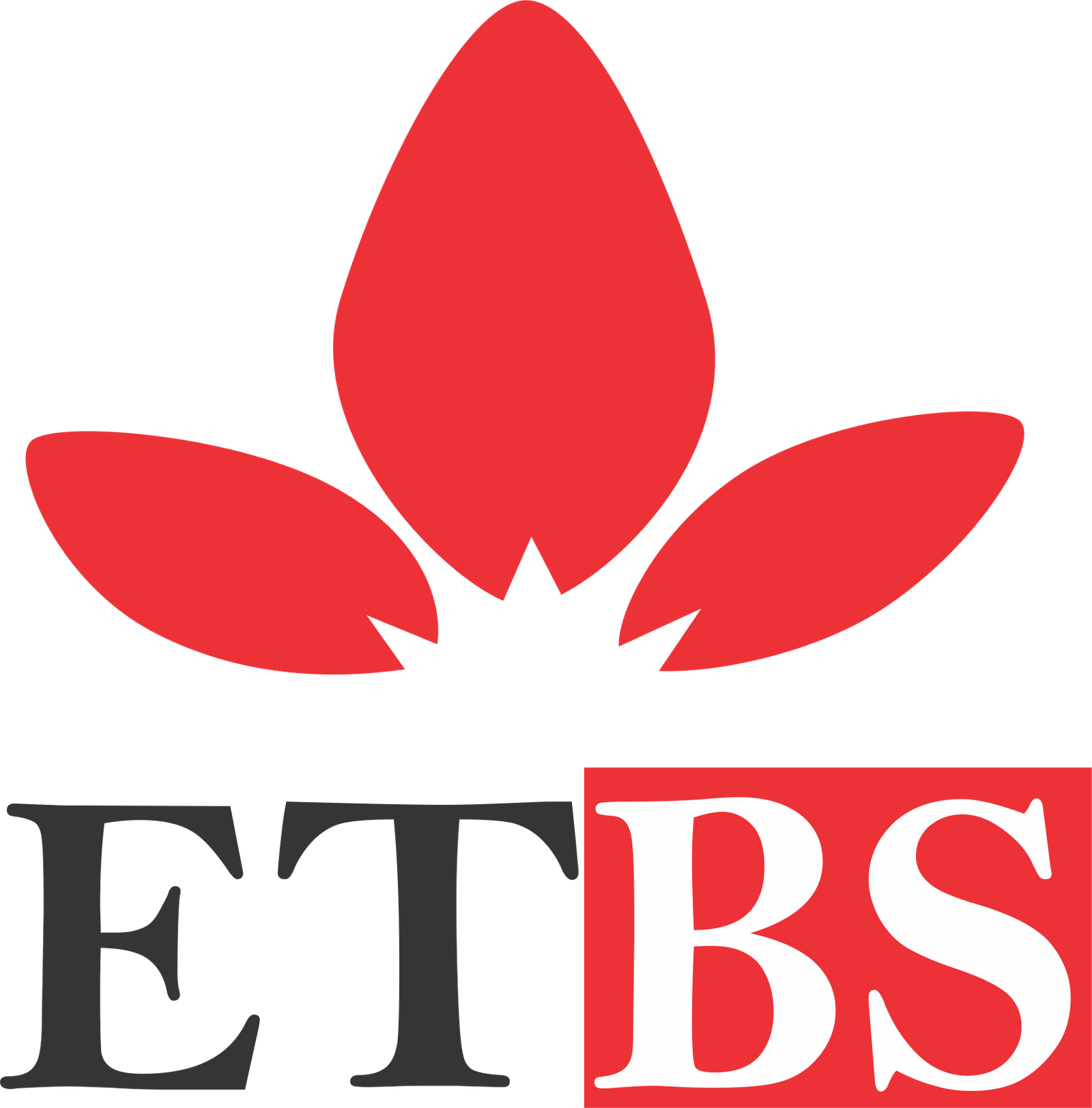 EarthTab Business School
EarthTab Business School
☰
|

The Music Arrangement and Chord Progression course is a comprehensive, immersive, and in-depth program designed to equip musicians, producers, arrangers, composers, songwriters, and music directors with advanced theoretical knowledge and practical techniques necessary for constructing and shaping complete musical works across genres. The course focuses extensively on the structure, orchestration, harmony, rhythm, layering, and progression of music, emphasizing how these components function cohesively to create emotionally compelling and professionally arranged compositions. Whether for studio recordings, live performances, film scoring, gospel music, pop hits, jazz ensembles, R&B ballads, or Afrobeat arrangements, this course explores the foundational and complex principles that underlie the art of arrangement and chord progression. By the end of this course, you will be able to: Understand and apply the core principles of music arrangement and harmony. Analyze and construct effective chord progressions across various genres. Arrange for multiple instruments and vocal parts within different ensemble sizes. Explore rhythmic and melodic layering techniques for dynamic musical structures. Transpose and modulate chord progressions confidently. Adapt chord progressions to reflect different emotional and stylistic contexts. Employ advanced arranging tools like reharmonization, counterpoint, inversions, and voice leading. Develop full arrangements for various purposes including studio productions, live concerts, and multimedia content. Fundamentals of Music Arrangement The role of an arranger Forms and structures in music (binary, ternary, verse-chorus, etc.) Textures: monophony, homophony, polyphony, and heterophony Chord Theory and Progressions Triads, seventh chords, extended chords Diatonic and non-diatonic harmony Circle of fifths and its usage Borrowed chords, secondary dominants, and modal interchange Genre-Based Arrangement Techniques Gospel, Afrobeat, Pop, R&B, Jazz, Classical, Rock Instrumentation choices Genre-specific progressions (e.g., I–IV–V in gospel, ii–V–I in jazz) Advanced Harmonic Tools Modulation (pivot chord, direct modulation, chromatic modulation) Voice leading and smooth transitions Cadences and harmonic tension/resolution Instrumentation and Layering Arranging for rhythm section, horns, strings, synths, and vocals Register management (avoiding frequency clashes) Role of basslines and drum grooves in progression energy Orchestration and Counterpoint Vertical vs horizontal writing Supporting melodic lines and motifs Canon, imitation, call-and-response techniques Digital Arrangement with DAWs MIDI sequencing, sampling, quantization Using virtual instruments and VSTs Automation and layering in production Analyzing and Deconstructing Professional Arrangements Breakdown of hit songs and classics Techniques used by top producers and arrangers Reharmonization and reinterpretation strategies Creative Approaches to Chord Progressions Emotional storytelling through harmony Modal progressions (Dorian, Mixolydian, Phrygian, etc.) Ambiguity and open-ended progressions Final Project & Practical Arranging Assignments You arrange a full song using techniques learned Peer and instructor feedback Application to real-life projects and performances Music students and educators Worship leaders and church music teams Music producers and beatmakers Film composers and arrangers Independent artists and songwriters Musicians seeking professional music theory growth Basic understanding of music theory and notation Instrumental or vocal proficiency is helpful but not mandatory A DAW (e.g., FL Studio, Logic Pro, Ableton, Cubase, etc.) for practical work Keyboard or MIDI controller recommended for application Quizzes per module (multiple choice, theory analysis, aural training) Assignments (arrangement projects, reharmonization exercises) Final composition and analysis project Certificate of Completion awarded after passing final assessment I LOOK FORWARD TO CONGRATULATING YOU UPON THE COMPLETION OF THIS COURSE.Course Overview
Welcome to EarthTab Business School. My name is Ngozi Umeh and I will be your course preceptor for the course, The Music Arrangement and Chord Progression.
Course Objectives
What This Course Covers (Key Areas)
Who Should Take This Course
Required Tools and Skills
Assessment & Certification

Unlocking Professional Potential through world-class assessments and industry-ready training.
"Empowering Professionals through practical, accessible online business education"
- Blessing Princess Agho
 Founder/Lead Instructor
Founder/Lead Instructor